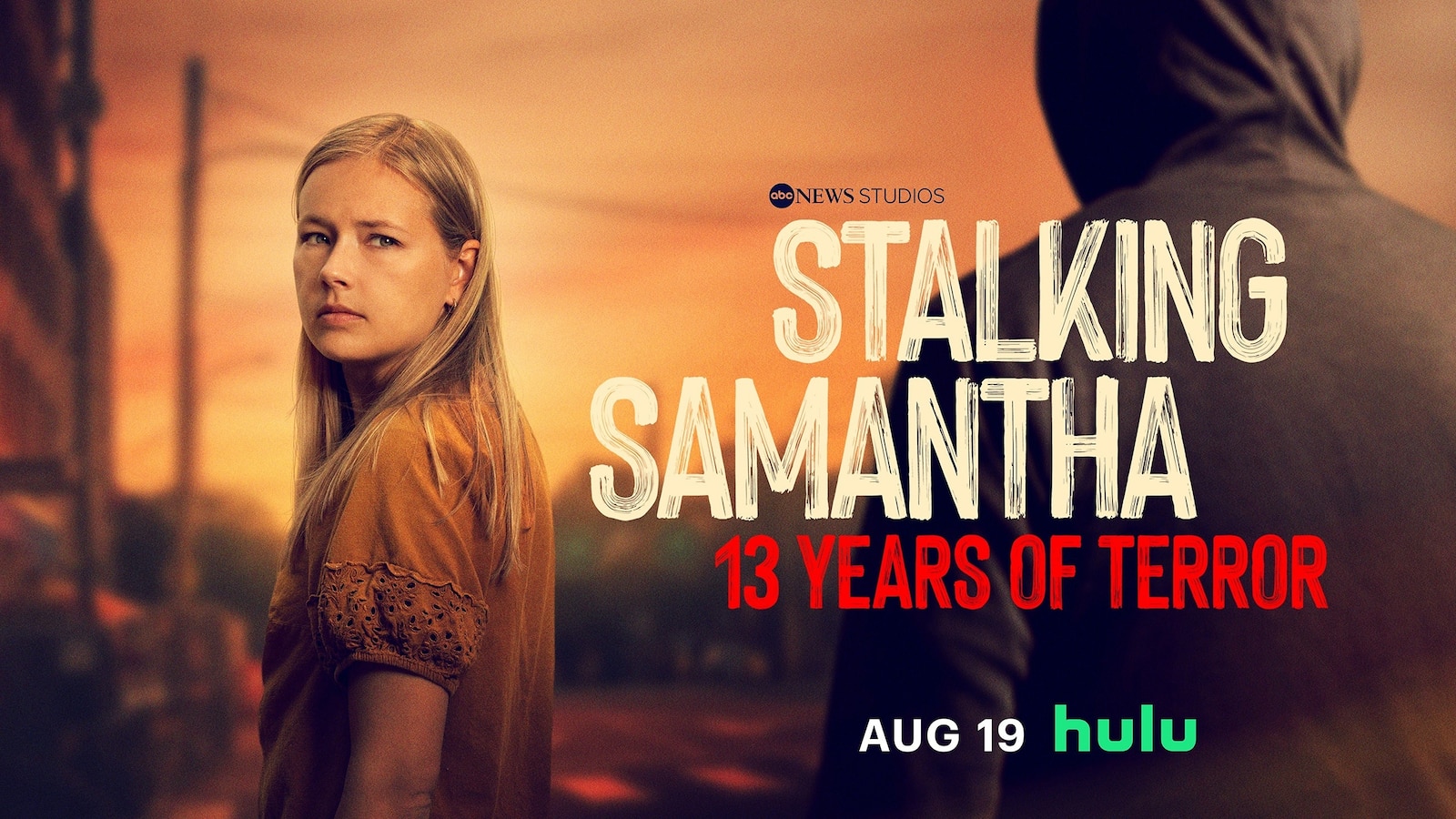Alyson Stoner: The Shocking Truth Behind Childhood Stardom!

Did you know that a single comment at age nine reshaped Alyson Stoner's entire perception of their body and identity? This revelation not only highlights the impact of beauty standards in Hollywood but also dives deep into the dark underbelly of child stardom.
Alyson Stoner, now 32, reflects on a pivotal moment from their childhood when a wardrobe assistant on a TV set remarked on their dark leg hair as 'dirty and unladylike.' This shocking critique made Stoner view their body not as a part of themselves but as a project to be controlled, manipulated, and fixed to fit the industry's unrealistic standards of beauty. It’s a heavy burden for any child, let alone one already accustomed to the demanding world of Disney productions like 'Cheaper By the Dozen.'
As a child actor, Stoner was constantly navigating adult expectations, which eventually spiraled into an unhealthy relationship with food and exercise leading to an eating disorder. In an ironic twist, the very industry that shaped their youth also pushed them toward an excessive regime fueled by misguided notions of success and beauty.
Stoner's journey took a significant turn when they turned to evangelical Christianity, attempting to reconcile their identity with the beliefs imposed upon them. Their background was complicated by conversion practices aimed at 'exorcising' their queerness. However, in a powerful transformation, Stoner eventually embraced their true self, coming out as queer and transitioning into a mental health advocate.
In their candid memoir, Semi-Well-Adjusted Despite Literally Everything, Stoner exposes the astonishing realities of childhood fame, revealing how it can lead to a myriad of mental health challenges. They share their story not to assign blame but to empower others with knowledge about the perils child stars face, emphasizing that informed choices are nearly impossible under such pressure.
Stoner recalls the painful irony of navigating a world where adults' livelihoods depended on their success, and their own sense of worth was constantly tied to external validation. From the constant rejections to the fleeting moments of triumph, they describe a childhood where self-esteem was intricately linked to their performance. "It’s difficult to cultivate a core sense of worth when you’re regularly reminded that your value is conditional," they explain.
Despite the chaos, Stoner's artistic spirit never waned. They thrived in a world that seems enchanting from the outside, yet inside, it was a whirlwind of auditions, critiques, and the pressure to conform to adult expectations—like knowing how to 'sexualize' their performances as a teen. Even their first experiences of intimacy and vulnerability unfolded on camera, often leaving them feeling like a science experiment analyzing their own emotions.
By the time they reached their mid-teens, the burden of perfectionism had escalated into an obsession with caloric intake and exercise, ultimately leading Stoner to seek help. They realized that despite the glittering facade of success, the toll it took on their mental and physical health was far greater.
Now, as a mental health advocate and coordinator on film sets, Stoner is determined to change the narrative for future generations of child actors. They envision a world where mental health is prioritized as much as physical performance, creating an environment where young performers can flourish without losing themselves to the grind.
Reflecting on their journey, Stoner acknowledges the duality of their experiences—having achieved fame yet losing touch with their true self. Their story is a powerful reminder that success and happiness are not inherently linked, and that healing and self-discovery can lead to profound freedom. As they continue to navigate life beyond the spotlight, Stoner remains committed to using their platform for good.

























